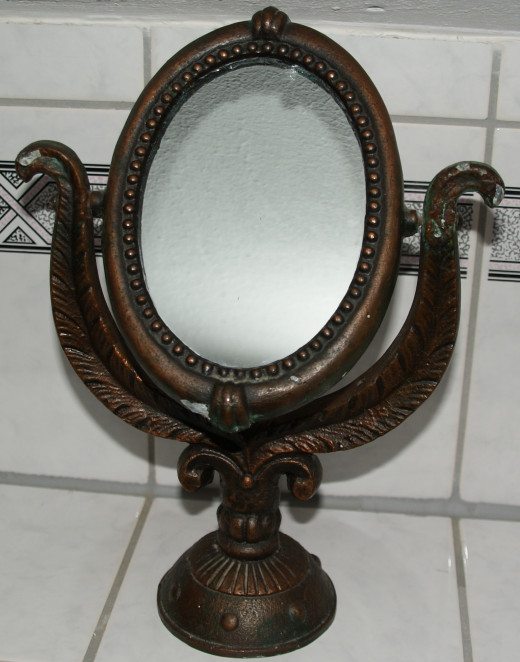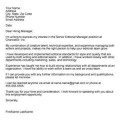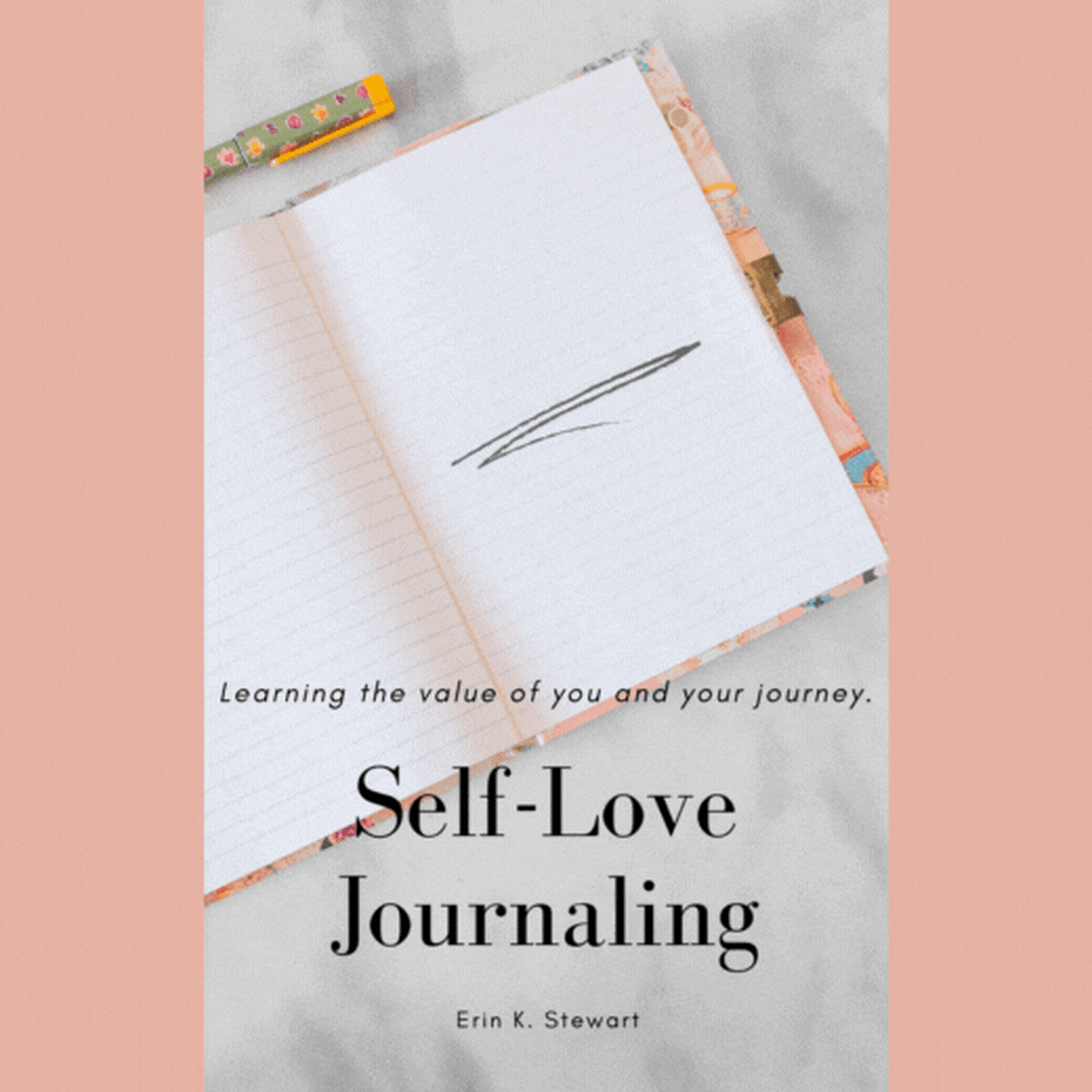- HubPages»
- Health»
- Personal Health Information & Self-Help»
- Mentally & Emotionally Balanced Living
How to Love Yourself Despite Being Put Down

Accepting Yourself Despite Criticism
Unfortunately, not everyone in our lives is kind--in fact, many friends and family members may actively put down or criticize those they love (or claim to love). Some do it without thinking and some are just thoughtless with their words and opinions, while others do mean to hurt and wreak emotional damage.
When hurtful words come from the mouths of someone you know and trust, they are particularly devastating--after all, if a stranger in the grocery store makes a mean comment, it's easy to move on. But if parent, best friend, or other close relationship makes a mean comment it can strike home--don't they know you the best? Are their words true?
There's a difference between constructive criticism and malicious criticism; read on for how to tell the difference between the two and for how to love yourself despite being put down by others.

Malicious Criticism vs. Constructive Criticism
The knee-jerk reaction to criticism is generally "You're wrong. How hurtful!" And it truly can hurt to be criticized for anything in your life, whether it's a personality flaw, a personal choice, or something as minor as an outfit. However, there IS a difference between malicious criticism and constructive criticism.
Malicious criticism is crafted by another person to hurt you--words that aren't true, words that are cruel, words meant to inflict pain. This kind of criticism can be particularly hurtful if it comes from the mouth of someone you love--how could they say such things? And it must be true, right, because someone who loves you would never hurt you. Chances are, it's not true and the person who's saying it needs to be a little more Mother Teresa and a little less Joan Rivers.
Constructive criticism may be hurtful, but it's usually not intended to hurt--or rather, that is not its main product. Constructive criticism is crafted by another person to urge you to improve in a way that can benefit you and hep you in your life. The person offering constructive criticism does have your best interests at heart, and is brave enough to give an opinion that might offend you in order to help you.
How can you tell the difference? Here are a few tips in telling constructive criticism from malicious criticism:
- Listen to the tone of voice--is it confrontational (malicious), or calm and measured (constructive)?
- Does the person giving the criticism have a history of putting you down (malicious), or of building you up (constructive)?
- Does the criticism focus on something you can't help (malicious), or on something that you could change to benefit yourself (constructive)?
Consider the following examples:
"You're depressed because you're lazy and won't find a job" (malicious) vs. "Do you think you might be feeling sad because you haven't found a job? Have you considered doing X?"
"You're fat because all you eat is junk food--it's disgusting" (malicious) vs. "It would be easy to lose a few pounds by adding in a few healthy meals--I have some great recipes at home."

Tips for Loving Yourself
Loving Yourself in the Face of Criticism
Once you've identified malicious criticism and separated it from constructive criticism, the hardest part is still ahead--loving yourself in the face of it, and putting any hurtful incidents behind you. The first step is getting rid of toxic relationships--ask yourself if the person who's saying hurtful things adds anything to your life or if it's a relationship of habit or obligation. If you can cut the person out of your life, do so. A discreet "our relationship is not beneficial to me" conversation may be the best way to go. If you cannot cut the person out, for instance if it's a parent or sibling, try at first talking to them about how their words hurt you and ask for more consideration; if that doesn't work, limit your time together and remain focused on civility and getting through it, realizing that their real problem is with themself, NOT you.
Criticism can rankle for years, however, and poison your happiness and self-worth. Here's how to accept yourself despite being put down:
- Consider where the other person's words are coming from--is it an inadequacy or fear of their own that they're projecting on you? If so, move on from it.
- Surround yourself with people who support you and lift you up.
- Join therapy to gain coping and self-esteem building skills.
- Engage in charity or church work; being around positive people doing good things will make you feel good about yourself.
- Write down a list of things you love about yourself, and focus on those.
- Respond positively to malicious criticism: "That may be your opinion of me, but I don't accept it. In fact, I think X about myself."
- Leave yourself positive, self-affirming notes around your house or apartment to give yourself boosts of encouragement.
- Take care with your personal appearance--looking good is feeling good.
Do you have additional tips on how to love yourself? Please share in the comments below!









